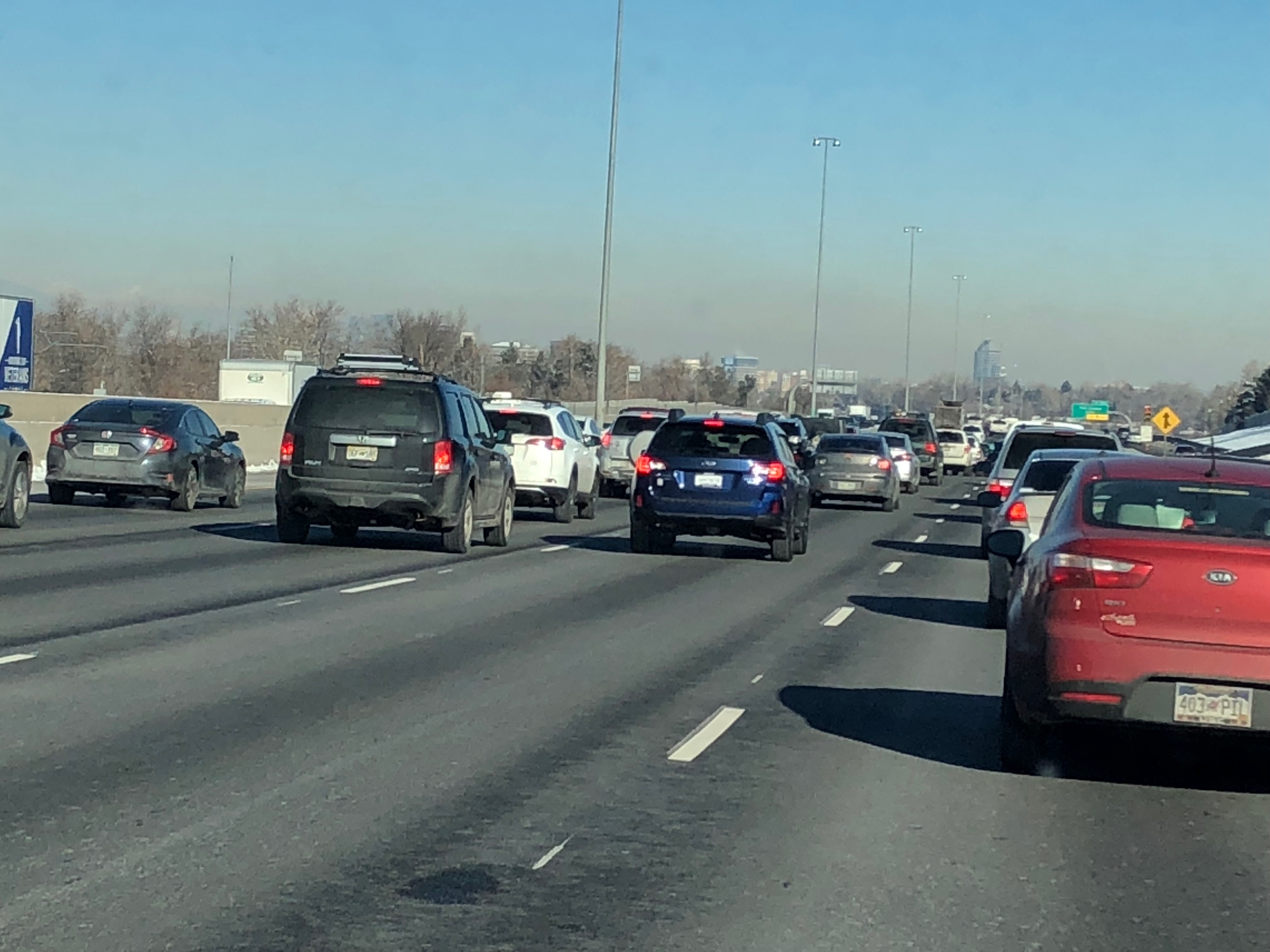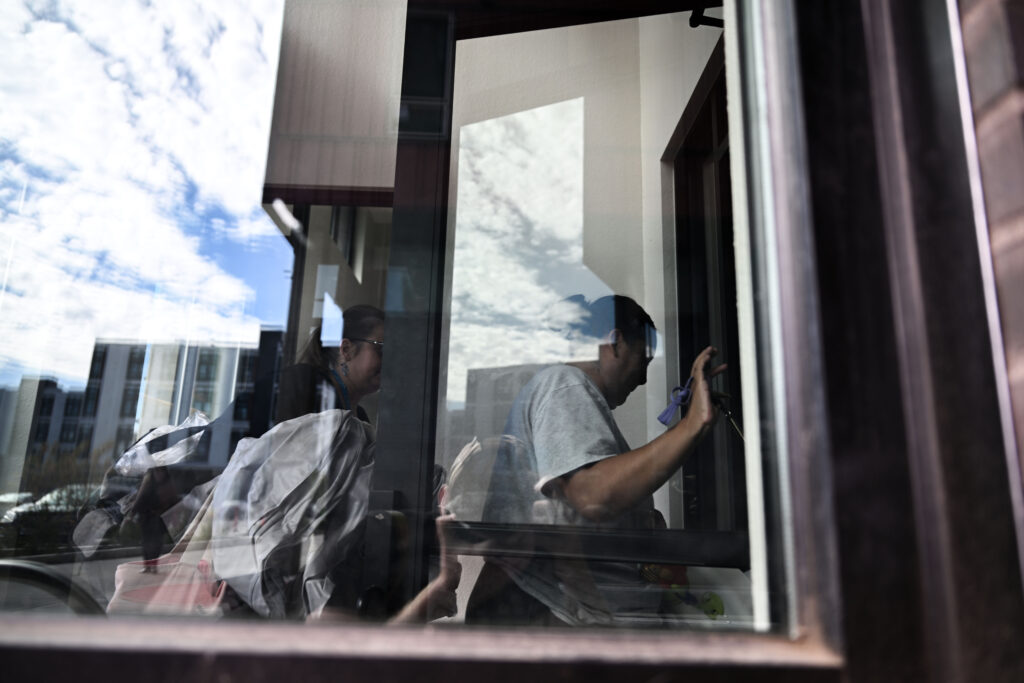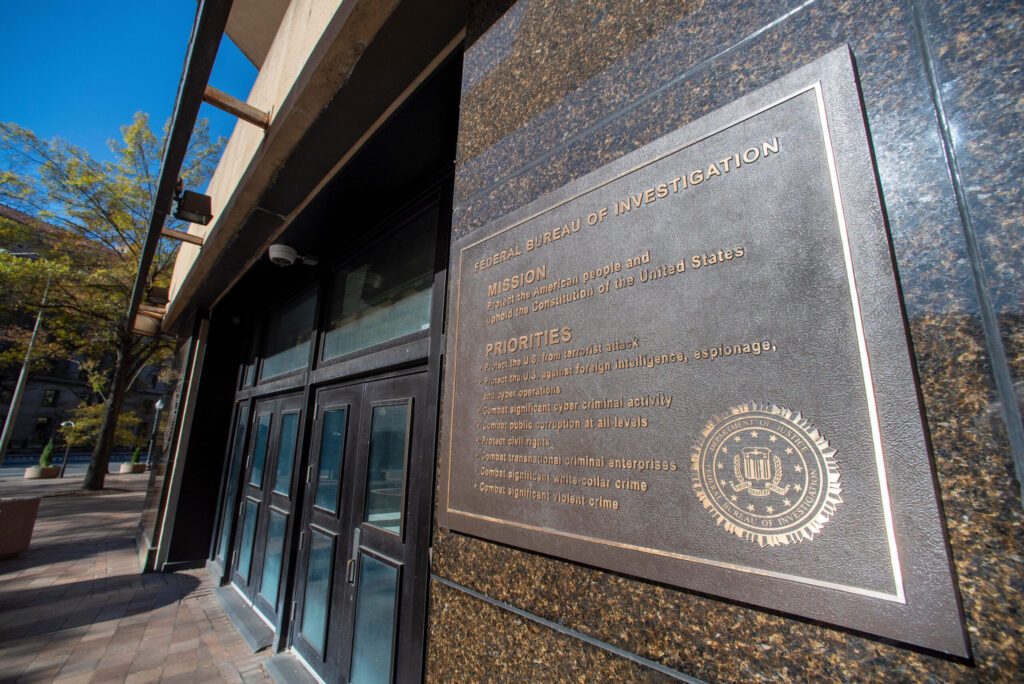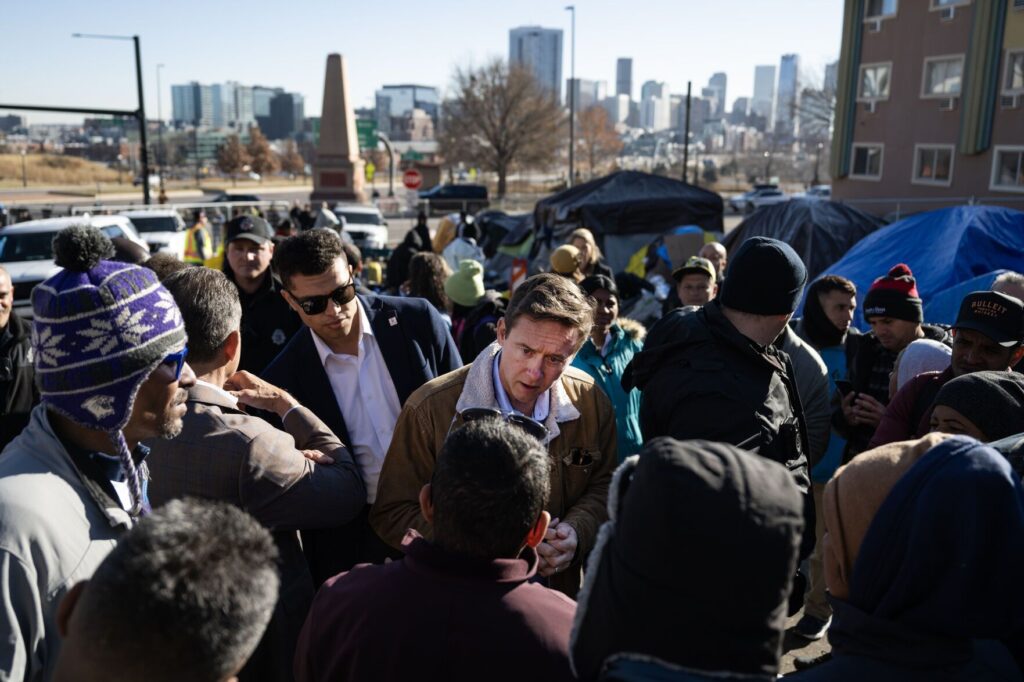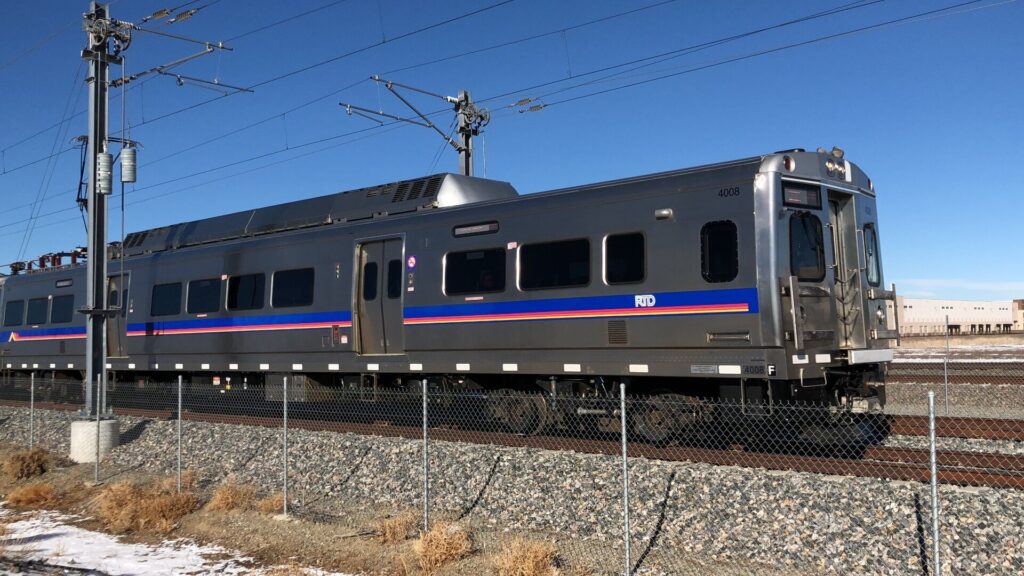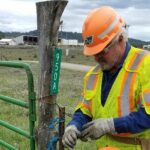Colorado coalition has 4 ballot issues to hike sales tax for transportation

And they’re back. Colorado Politics told you a couple of weeks ago that this was coming: a basket of proposals to pay for jammed highways, transit and other long-neglected transportation needs in Colorado.
Here are the offers: a sales tax by 0.5 percent, 0.62 percent or 1 percent, and then a fourth possibility would ask for a half-penny and require the legislature pony up $150 million from the state budget.
A bipartisan, statewide coalition will collect 98,492 signatures in the next six months to get one of four questions on the November ballot:
Each establishes an oversight committee to ensure how the money is spent, as well as requiring the Colorado Department of Transportation to make a report of its finances and progress on the work paid for the new tax.
“Our failure to invest in infrastructure is costing us real money. Drivers in the Denver metro area are paying more than $2,000 a year because of traffic congestion delays, damage to vehicles, accidents and lost gas efficiency,” Kelly Brough, president and CEO of the Denver Metro Chamber of Commerce, said in a statement. “Those costs really add up and Coloradans are paying the price – up to $6.8 billion every year due to the poor condition of our roads.”
Business interests see clogged and crumbling infrastructure as a major impediment to Colorado’s growth in commerce and tourism, as well as a steep cost to individuals in gas, vehicle wear and tear and personal frustration.
The state highway department estimates Colorado needs $20 billion in infrastructure investment in the next 20 years to catch up and keep with growth. The sales tax revenue would be divided between state, local and transit projects.
Tony Milo, executive director of the Colorado Contractors Association, said CDOT has $7 billion in critical projects the agency can’t pay for with the dollars it has. “Meanwhile, our local communities lack the resources to address congestion, maintain roads and improve safety,” he said.
The state also might have to put in money to get federal infrastructure investment, under a plan supported by President Trump. The state, however, could be in even worse shape if federal dollars are steered away from sources the Colorado now relies on. Transportation projects and routine costs are paid for almost entirely with fuel taxes, fees and federal dollars.
Gov. John Hickenlooper proposed putting $148.2 million from next year’s state budget into transportation, but future amounts would depend on revenue forecasts. Republicans want to borrow money to expedite major projects, and they can’t do that with maybes.
Democrats who are have been reluctant to spend on transportation from the state budget – say when the economy turns south, bonds bought with the money would still have to be repaid first. That would like needs such as schools, public safety and social programs in a lurch.
“Every corner of Colorado has transportation needs that have gone unmet for decades,” former Centennial Mayor Cathy Noon, a Republican, said in a statement. “Taxpayers, families and businesses deserve a real solution for rural, suburban and metro communities statewide to invest in transportation. We’ve been spinning our wheels for years and it’s time to start moving our state forward again.”
Summit County Commissioner Dan Gibbs, a Democrat, said, “Our local communities need the resources to improve our streets, transit options, and walking and biking paths. These proposals will make it easier to get around, protect our air quality, and reduce congestion. Throughout the state, we have a growing list of projects that we cannot put off any longer.”
The coalition chose not to go for a higher fuel tax, citing fuel efficiency that would make it a dwindling source of revenue, which has contributed to Colorado falling behind in paying for transportation. Sales taxes, however, would allow tourists to chip a bigger share for some of the transportation problems – especially in the mountains.
“These initiatives will not only fix our infrastructure, but also strengthen our economy by keeping Colorado competitive with neighboring states like Utah and creating thousands of good-paying jobs for workers throughout the state,” Barry Gore, president and CEO of Adams County Economic Development, stated.
The steep downside of the tax, however, would be that many Colorado municipalities, such as Colorado Springs, have raised local sales taxes to pay for transportation and other needs. A hike to the state sales tax could push many communities at or above 10 percent, and hamper local governments’ ability to ask for more money in the future.
Lincoln County Commissioner Steve Burgess, a Republican, said he’s not happy to support a tax increase, “but we need a solution that works for rural Colorado and lets local communities decide how dollars are spent. Voters deserve the opportunity to weigh in because it seems like every year we miss an opportunity to address our transportation problems,” he said.
Christian Reece, the executive director of Club 20, a coalition of governments and interests on the Western Slope, said in a statement, “”Colorado’s transportation infrastructure is literally crumbling beneath our feet. On the Western Slope and in communities across the state, our transportation problems need an immediate solution. It’s high time we address this funding shortfall for Coloradans today and for future generations.”
Added Rod Slyhoff, president and CEO of the Greater Pueblo Chamber of Commerce, “Year after year, the state has failed to find additional funding. We need a real solution, one that reduces congestion and fixes all of our roads statewide. Everything has to be on the table for us to solve our transportation problems once and for all, including a statewide tax increase.”
